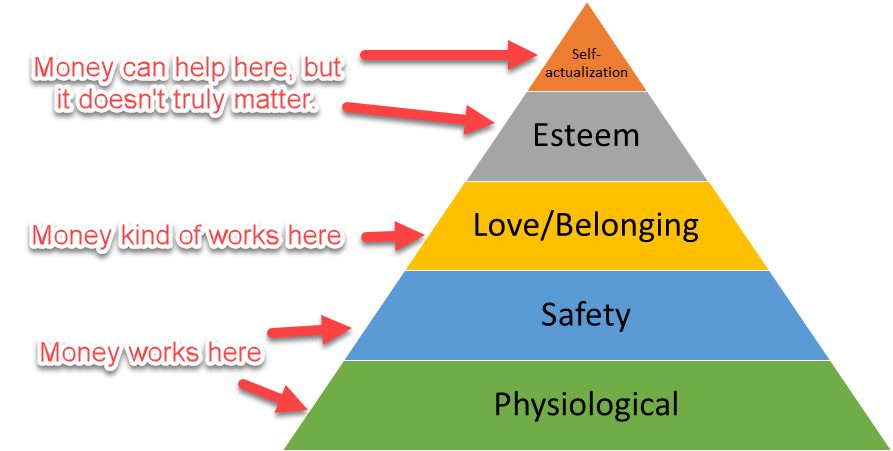I heard that for Communism to work you need to generate the money via Capitalism. Is this true?
Socialism means different things to different people.
Wealth/money is generated by workers. In Capitalism the employer, who generates none of the wealth himself, pockets most of the profit, returning only enough to retain the workers.
In socialism the workers are also the owners, and share the wealth amongst themselves, as well as any management and organizing that would normally be done by the owner.
I am actually someone who believes in private enterprise and private healthcare but I would like the money from taxation to go toward education- the cost of University in the UK is extortion. America is even worse!
The reason I want healthcare private is you pay only when you need it. Education is not a guarantee to getting a high paying job- you have to do the studying. Why would you pay AND do the studying?
Why can't the tax money go for both?
The US government spends >$6,000 per individual on healthcare, and citizens still have to pay insurance costs, co-pays, out-of-pocket charges and pharmaceutical charges on top of that. The UK, till recently at least, covered everyone at half that cost, with no insurance charges, no co-pays, &c. Everyone got the care they needed and never saw a bill. It was like our socialized, US police or fire services.
Only in the US does anyone ever go bankrupt from medical costs.
As for education, it didn't used to be expensive here in the US. Back in my day you could pay your way through most colleges with a Summer job, and many state colleges had free of heavily subsidized tuition.
Taxes for college needn't be an "expense." Historically, the GI bill -- in which the government paid for the education of returning, WWII G-Is -- returned a 7:1 profit on the investment, over 20 years, from taxes alone -- to say nothing of the other social benefits of an educated populace.
When you privatize everything, deregulate, and raise the pursuit of profit to be the measure of all things, it's not surprised that there are a thousand fingers in every pie, and costs become extortionate.

